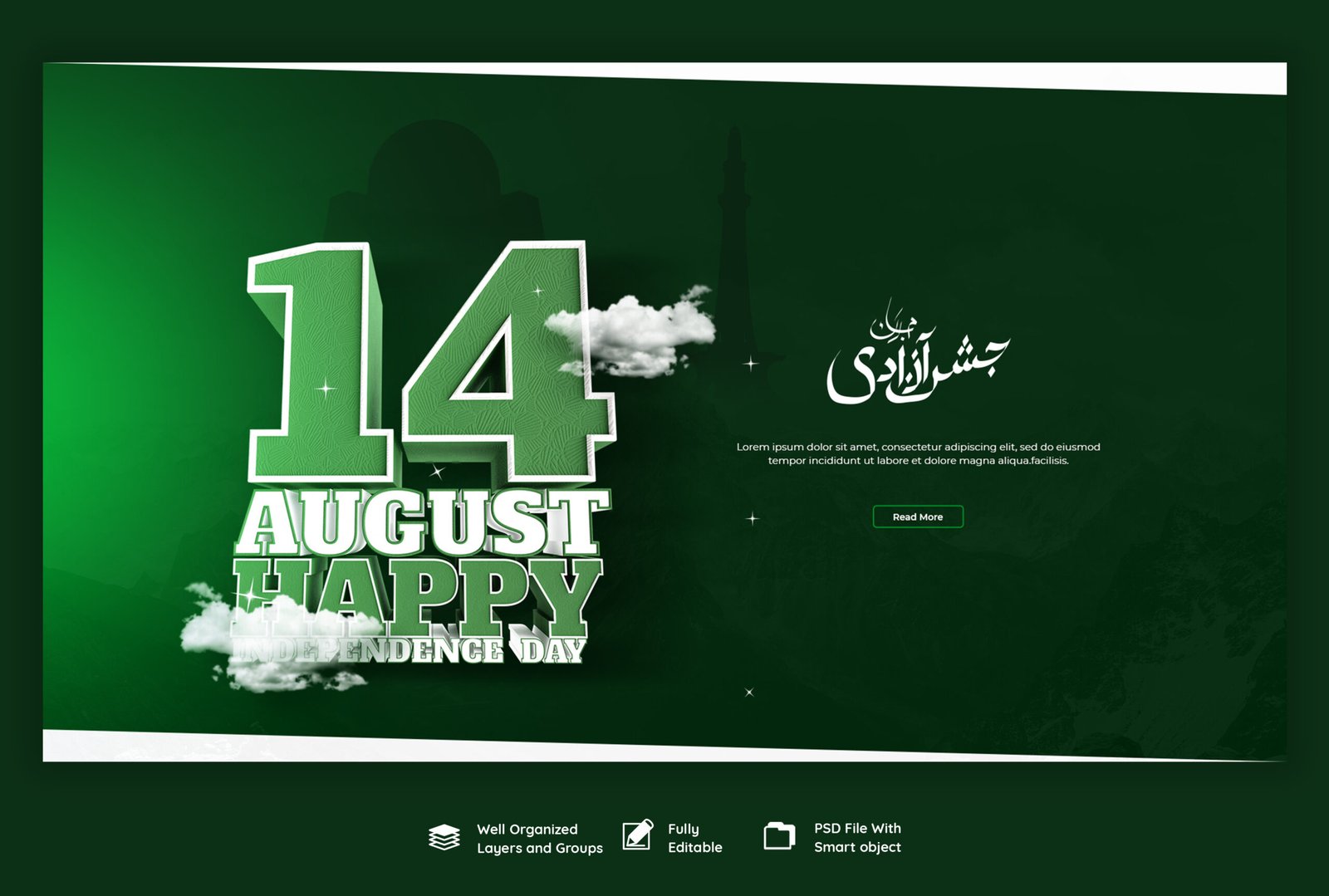
14th August holds immense significance for Pakistan, marking the day when the nation emerged as an independent state in 1947. This day is celebrated annually with great fervor and patriotism, commemorating the sacrifices and struggles that led to the creation of Pakistan. The birthday of Pakistan is not just a day of celebration but also a reminder of the vision that drove its founding fathers to secure a separate homeland for Muslims in the Indian subcontinent. This article delves into the history, significance, and ways of celebrating Pakistan’s Independence Day, highlighting the deep-rooted national pride associated with 14th August.
The Historical Background of pakistan
The road to Pakistan’s independence was long and fraught with challenges. The idea of a separate nation for Muslims in the Indian subcontinent began to take shape in the early 20th century, largely due to the efforts of visionary leaders like Allama Iqbal, who envisioned a separate homeland where Muslims could live according to their own cultural and religious values. The demand for a separate state gained momentum under the leadership of Muhammad Ali Jinnah, whose tireless efforts as the leader of the All-India Muslim League were instrumental in achieving the goal.
The Lahore Resolution, passed on 23rd March 1940, was a turning point in the struggle for independence. It formally demanded the creation of “independent states” for Muslims in the north-western and eastern zones of India. Over the next seven years, the demand for Pakistan became the focal point of Muslim political activity in British India. The relentless pursuit of this goal, combined with the increasing communal tensions between Hindus and Muslims, convinced the British that partition was the only viable solution.
Finally, on 14th August 1947, Pakistan was born as a sovereign state. The country was divided into two geographically and culturally distinct regions, East Pakistan (now Bangladesh) and West Pakistan (now Pakistan). This division led to immense challenges, including the migration of millions of people, widespread violence, and the task of building a new nation from scratch. Despite these difficulties, Pakistan’s birth was a moment of triumph, symbolizing the fulfillment of a dream that had once seemed impossible.
The Significance of 14th August
Independence Day is more than just a national holiday in Pakistan; it is a day of reflection, gratitude, and national pride. The significance of 14th August lies in its reminder of the sacrifices made by millions of people who fought for a separate homeland where they could freely practice their religion and preserve their cultural identity.
For many Pakistanis, this day is a celebration of freedom—freedom from colonial rule, freedom to govern themselves, and freedom to live according to their own beliefs. It is also a day to remember the vision of Pakistan’s founding fathers, who dreamed of a prosperous and peaceful nation. This vision is often articulated through speeches, media broadcasts, and educational programs that emphasize the importance of unity, tolerance, and hard work in achieving national goals.
14th August Celebrations Across the Country
Every year, 14th August is celebrated with immense enthusiasm across Pakistan. The celebrations begin at midnight with fireworks, flag-raising ceremonies, and patriotic songs echoing through the air. Major cities like Islamabad, Lahore, and Karachi become hubs of activity, with government buildings, landmarks, and homes adorned with the national flag and green and white lights.
Flag-Raising Ceremonies: One of the most significant events on Independence Day is the flag-raising ceremony, held at key locations across the country. The largest of these ceremonies takes place at the mausoleum of Muhammad Ali Jinnah in Karachi, where the President, Prime Minister, and other high-ranking officials gather to honor the founder of the nation. The national anthem is played, and a 21-gun salute is performed to mark the occasion.
Parades and Military Displays: Parades and military displays are a major part of Independence Day celebrations. The Pakistani Armed Forces showcase their strength and readiness through a series of parades, flyovers, and exhibitions of military equipment. These displays are a source of pride for the nation, symbolizing the country’s defense capabilities and the sacrifices made by its armed forces.
Cultural Programs and Events: Across Pakistan, various cultural programs and events are organized to celebrate the country’s rich heritage. Schools, colleges, and universities hold special assemblies where students perform patriotic songs, dances, and skits that depict the struggle for independence. In addition, television channels and radio stations air special programs, documentaries, and interviews with freedom fighters, historians, and political leaders to educate the public about the importance of Independence Day.
Public Celebrations: Independence Day is also a time for public celebrations, where families and communities come together to participate in various activities. Streets, parks, and markets are filled with stalls selling flags, badges, and other patriotic merchandise. People dress in green and white, the colors of the national flag, and participate in rallies, marches, and other public events that celebrate the spirit of freedom and unity.
Reflecting on Pakistan’s Journey at 14th August
As Pakistan celebrates another year of independence, it is important to reflect on the country’s journey since 1947. The challenges faced by Pakistan have been numerous, from political instability and economic hardships to natural disasters and internal conflicts. However, despite these challenges, Pakistan has made significant strides in various fields, including education, healthcare, technology, and infrastructure development.
Political Evolution: Pakistan’s political history has been marked by periods of democracy and military rule. The country has faced numerous political crises, including the secession of East Pakistan in 1971, which led to the creation of Bangladesh. Despite these setbacks, Pakistan has continued to evolve politically, with recent years witnessing a strengthening of democratic institutions and greater political participation by the public.
Economic Development: Pakistan’s economy has seen periods of growth and decline, with challenges such as poverty, inflation, and unemployment remaining persistent issues. However, the country has also experienced significant economic development, particularly in the fields of agriculture, textiles, and information technology. Efforts to improve infrastructure, attract foreign investment, and promote trade have also contributed to the country’s economic progress.
Social and Cultural Progress: Pakistan is a diverse country with a rich cultural heritage that reflects its history, geography, and the influences of various civilizations. Over the years, Pakistan has made strides in promoting education, healthcare, and social welfare programs. The country’s vibrant arts and cultural scene, including music, literature, and film, continues to thrive, contributing to a sense of national identity and pride.
Challenges and the Way Forward
While Pakistan has achieved much since its independence, the country continues to face significant challenges. Issues such as poverty, illiteracy, corruption, and terrorism remain major obstacles to progress. Additionally, the country faces environmental challenges, including water scarcity and the impact of climate change, which threaten its long-term sustainability.
To overcome these challenges, Pakistan must focus on strengthening its institutions, promoting good governance, and investing in human development. Education and healthcare should be prioritized to empower the country’s youth and improve the overall quality of life for its citizens. Economic reforms and efforts to attract investment are also crucial to ensure sustainable growth and development


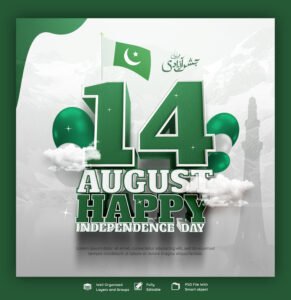
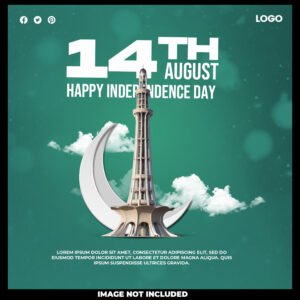
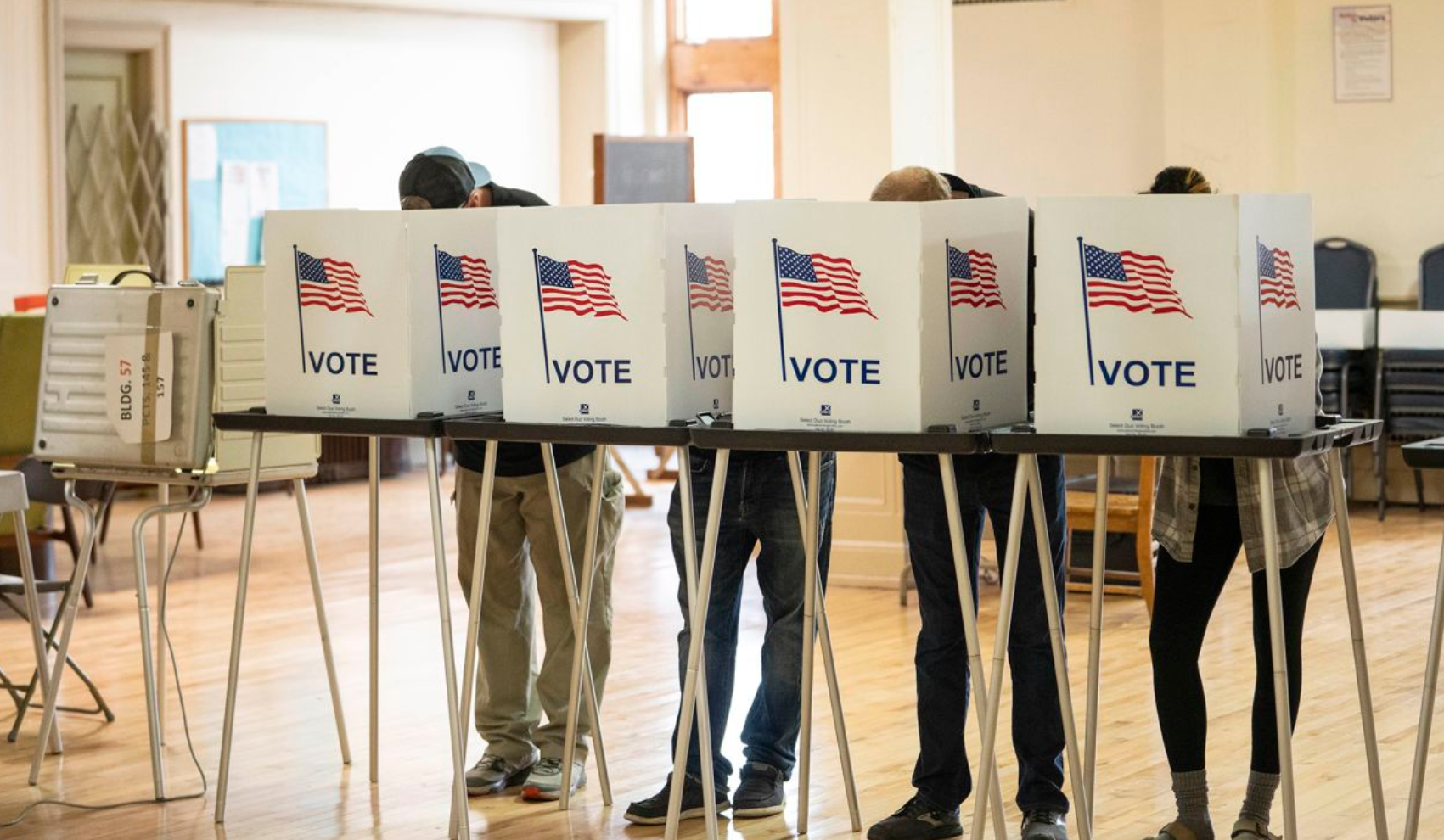
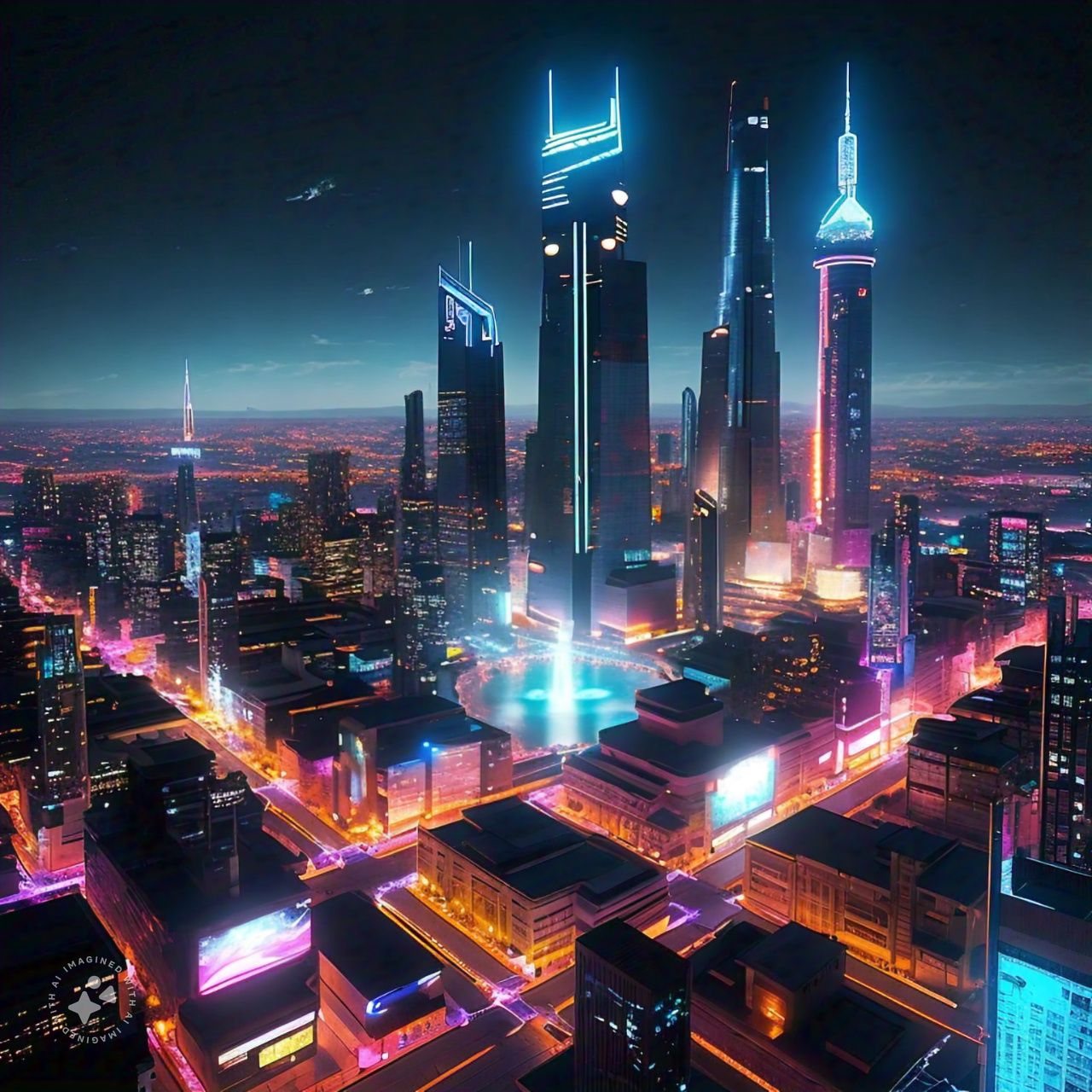
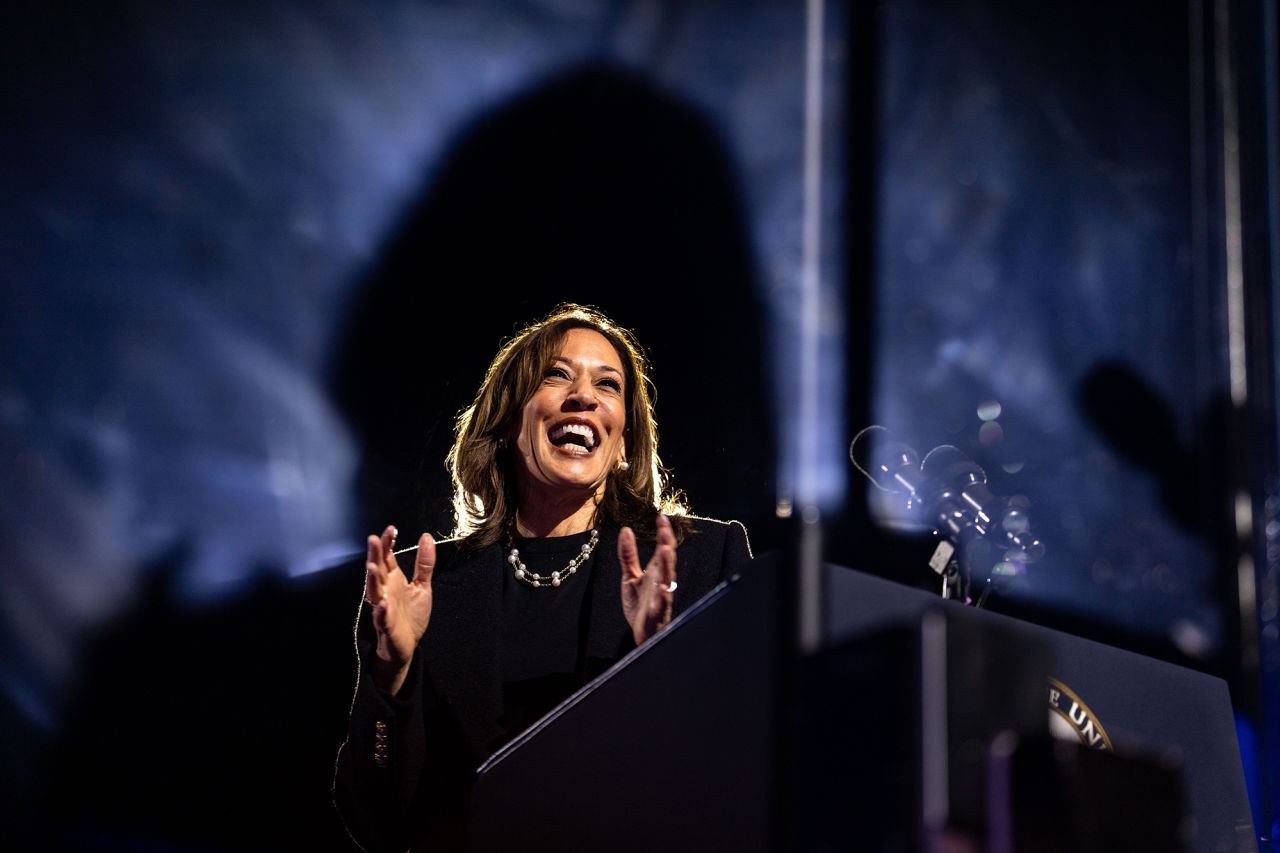
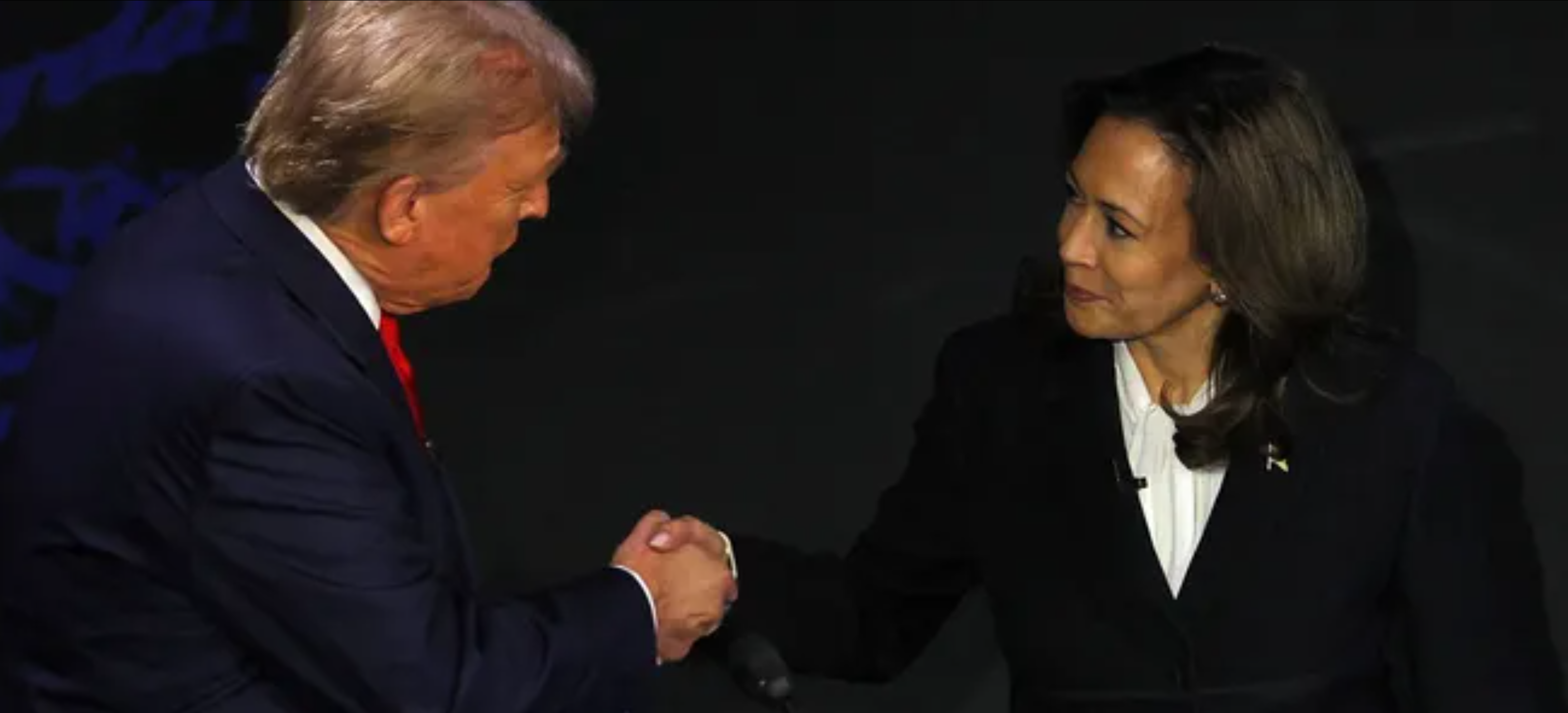

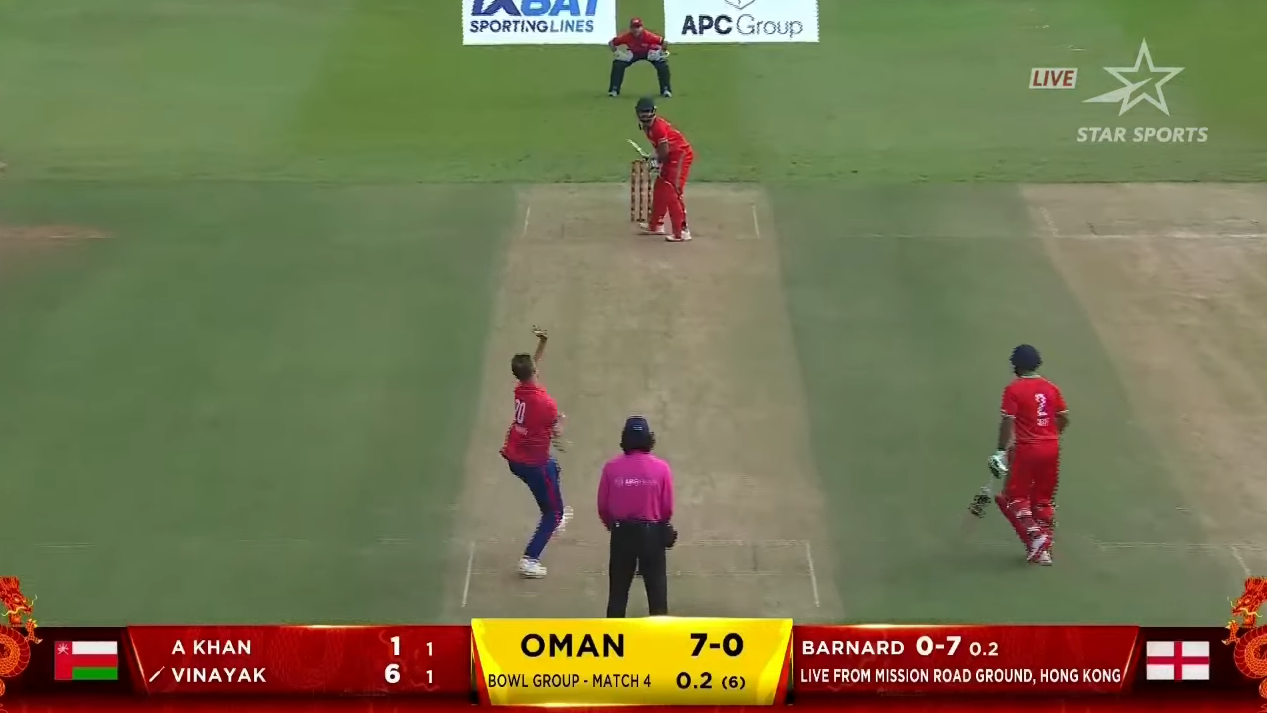


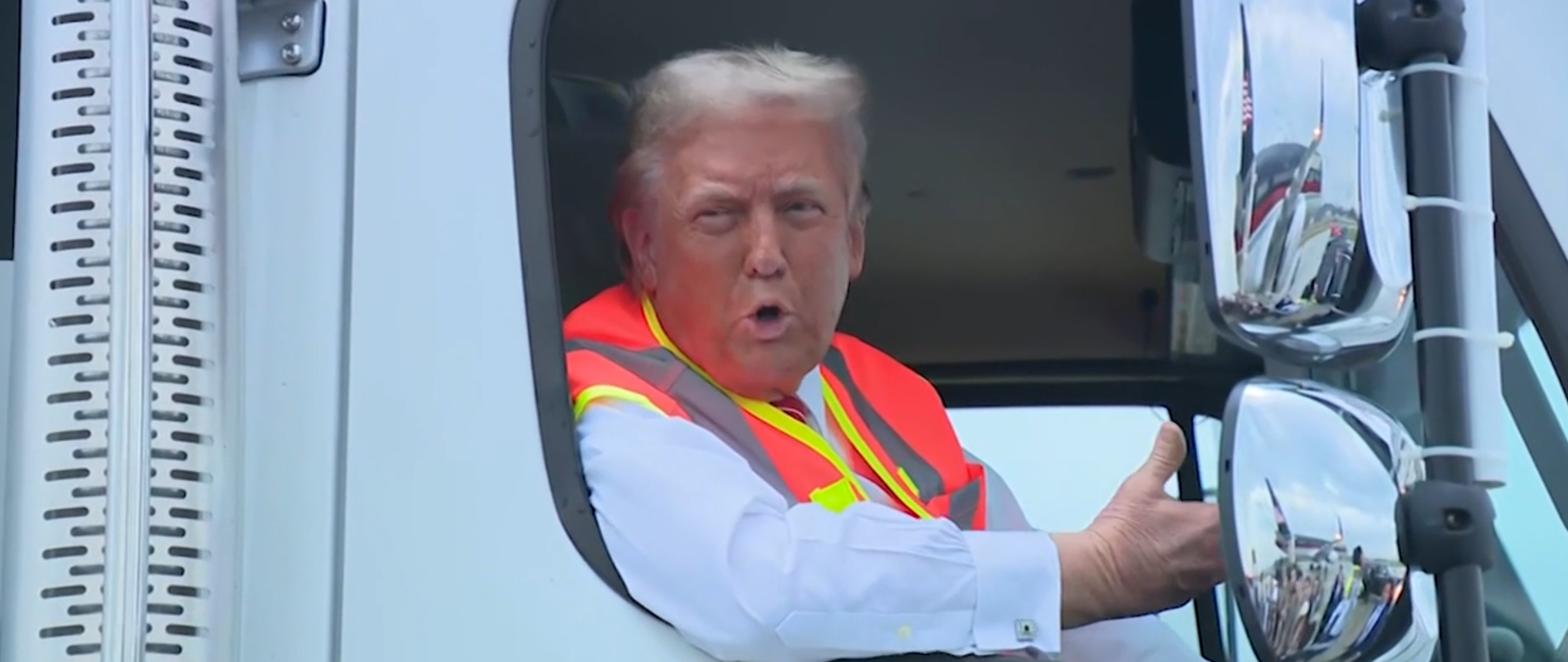


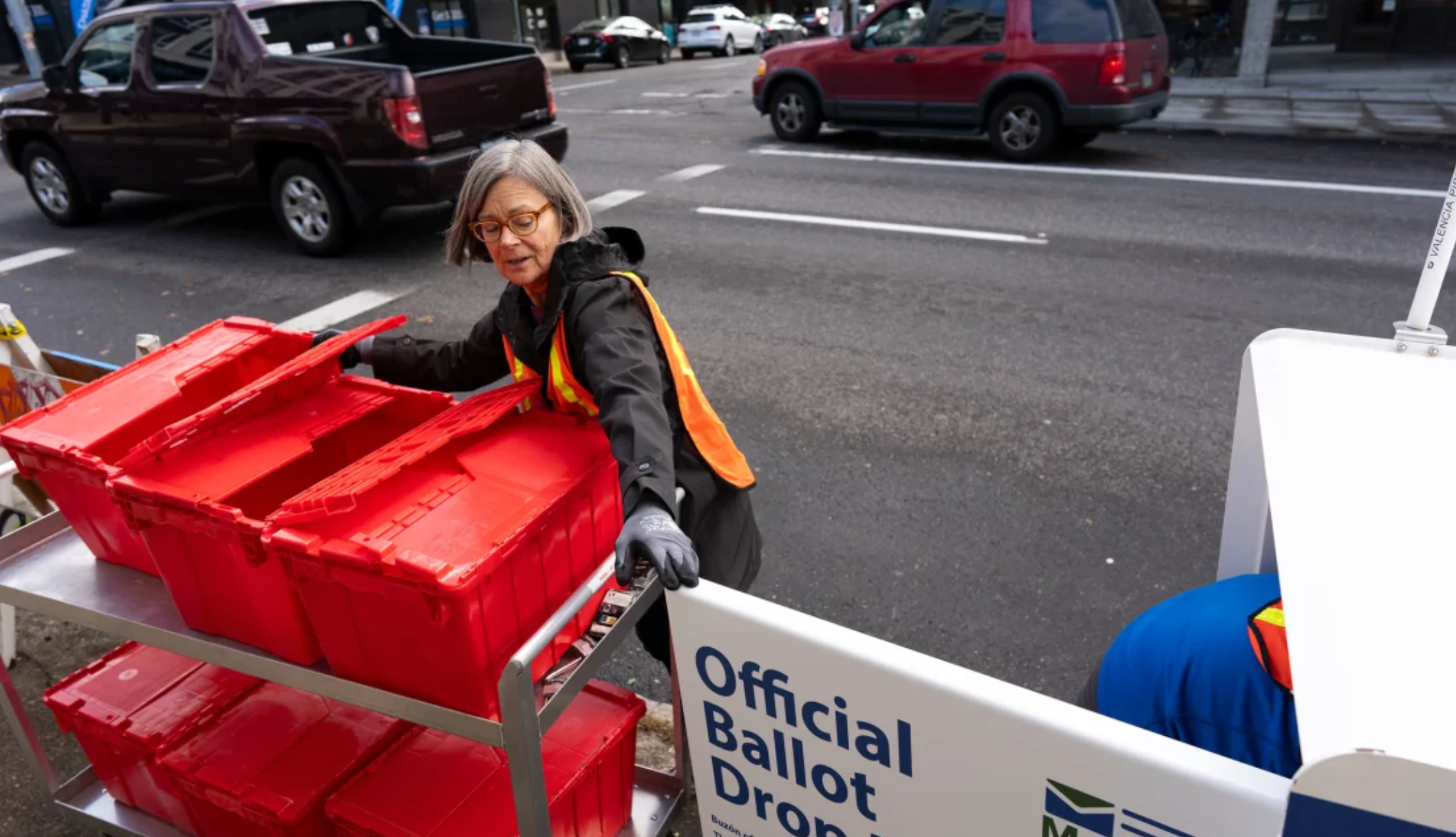

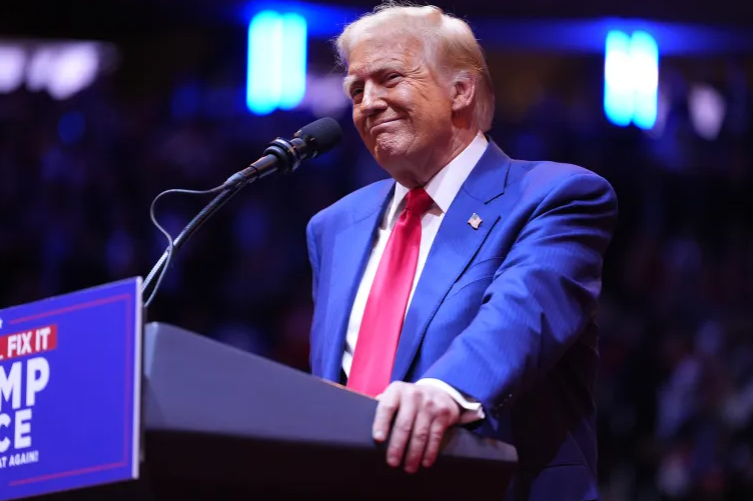



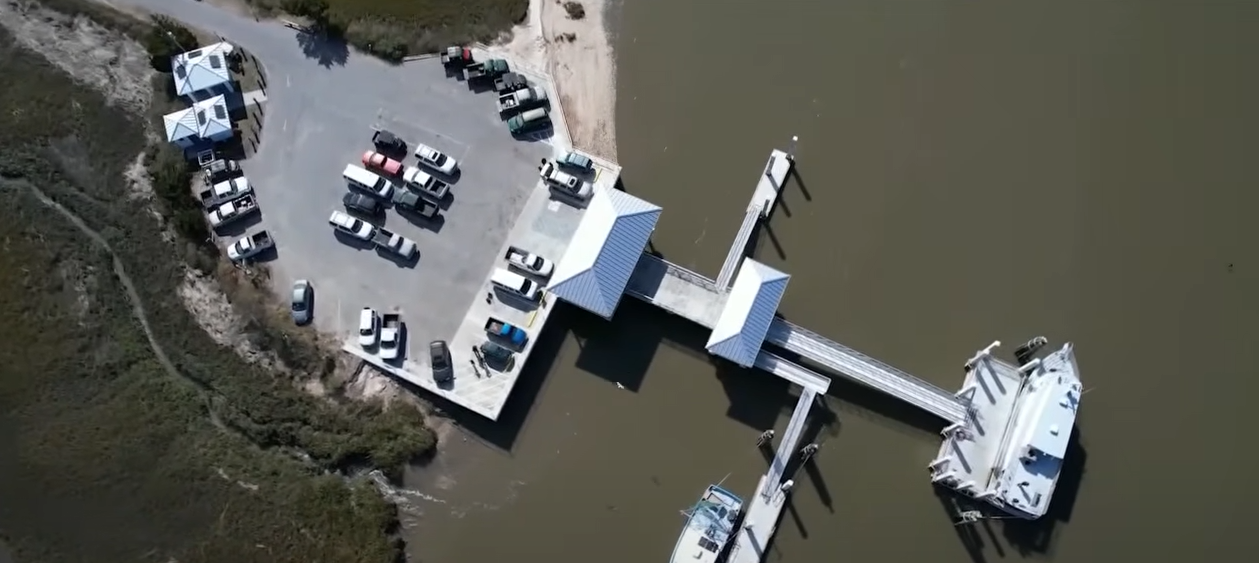
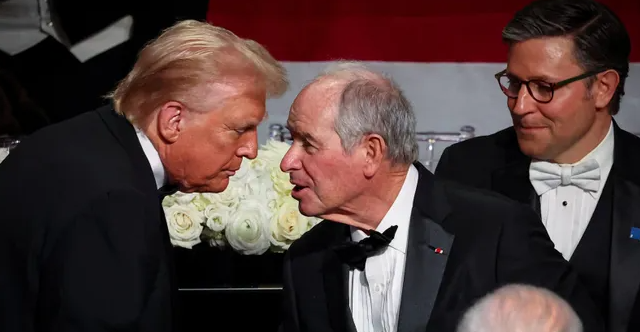





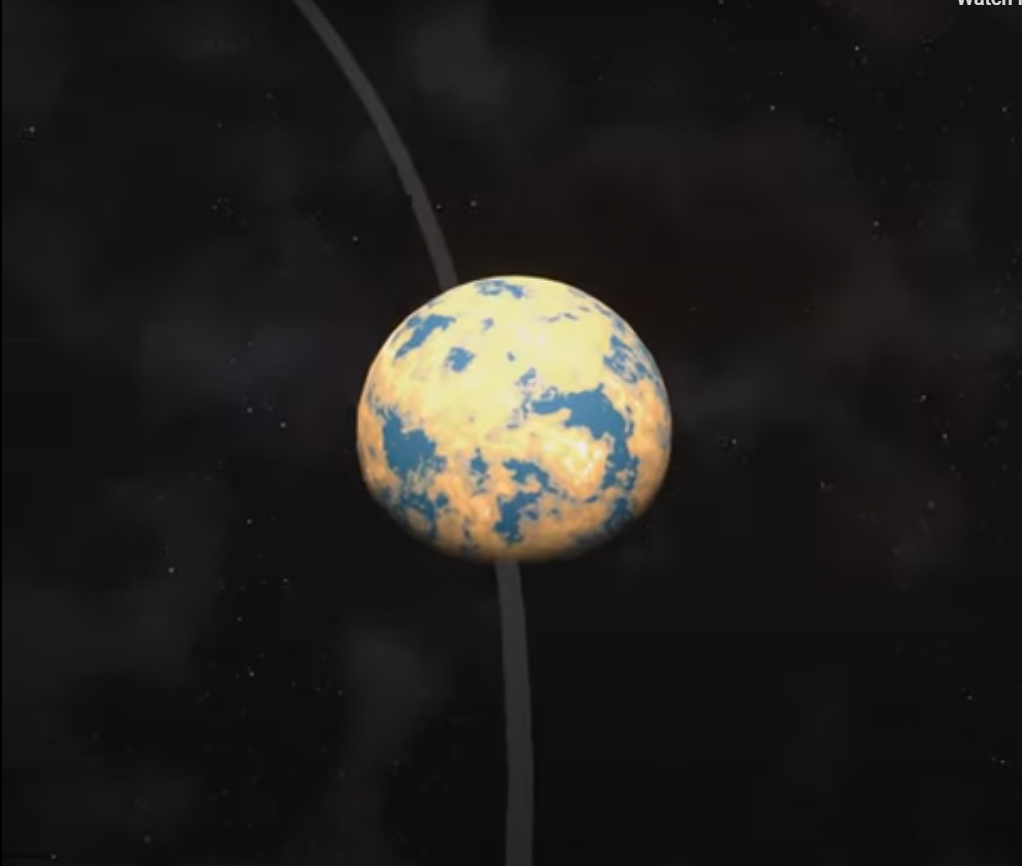
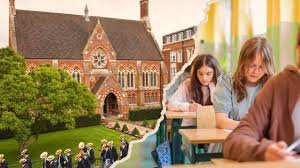
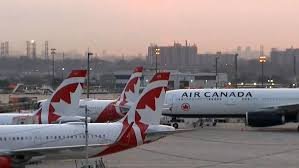
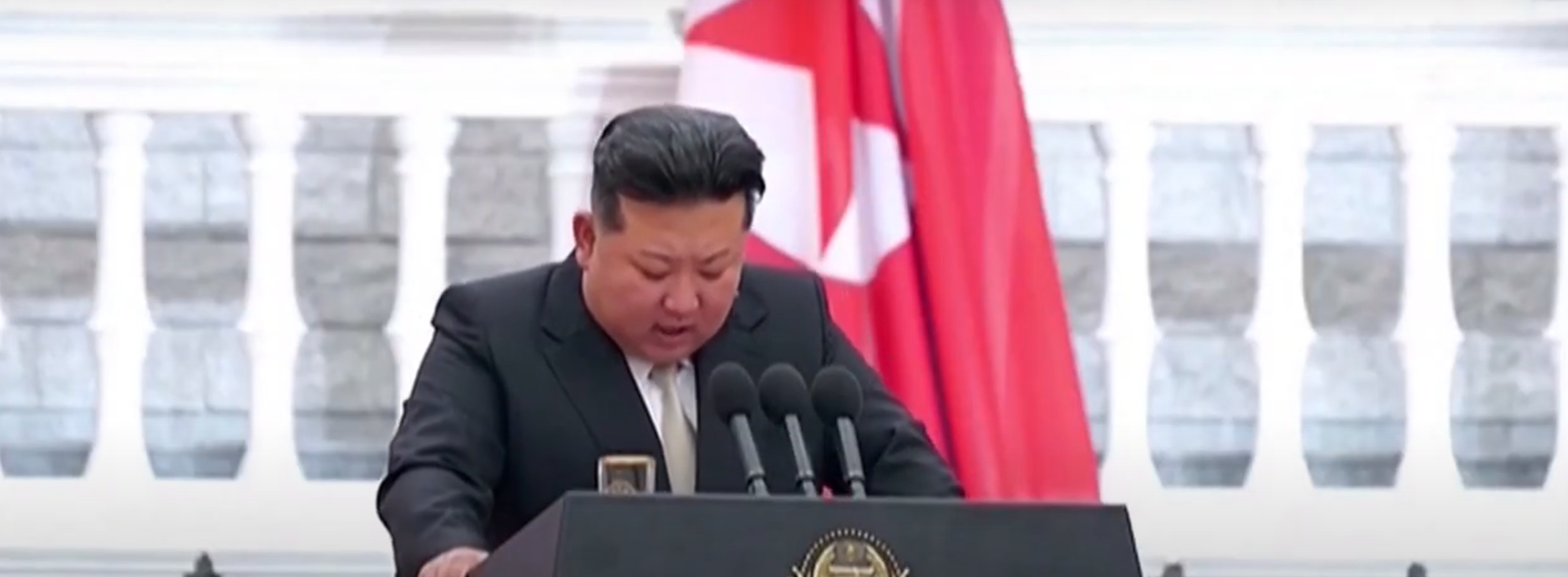
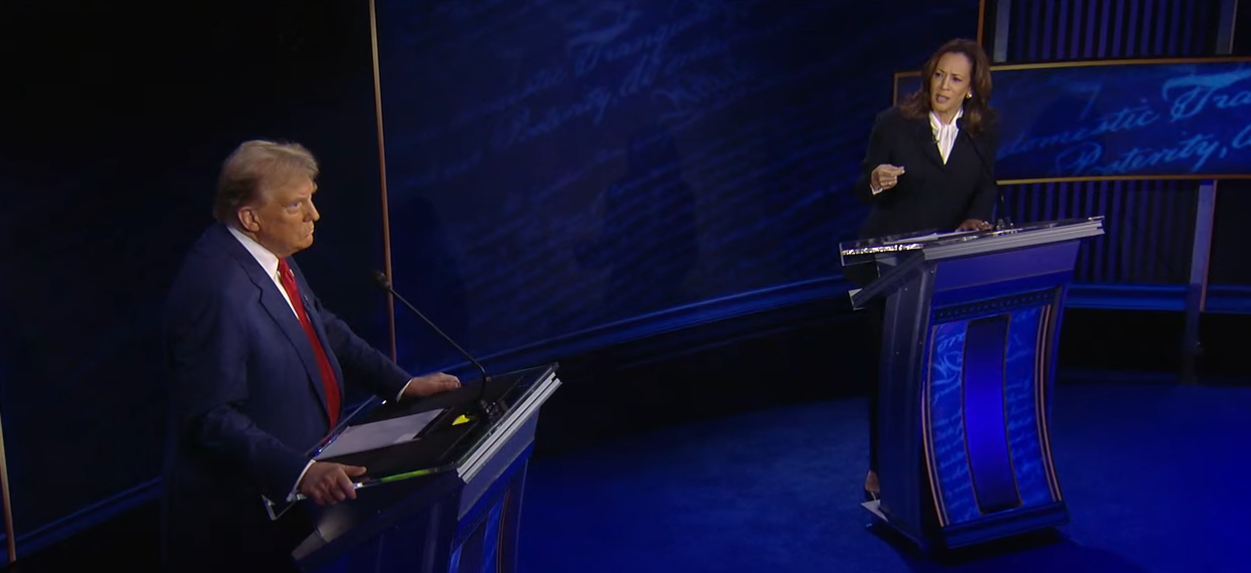
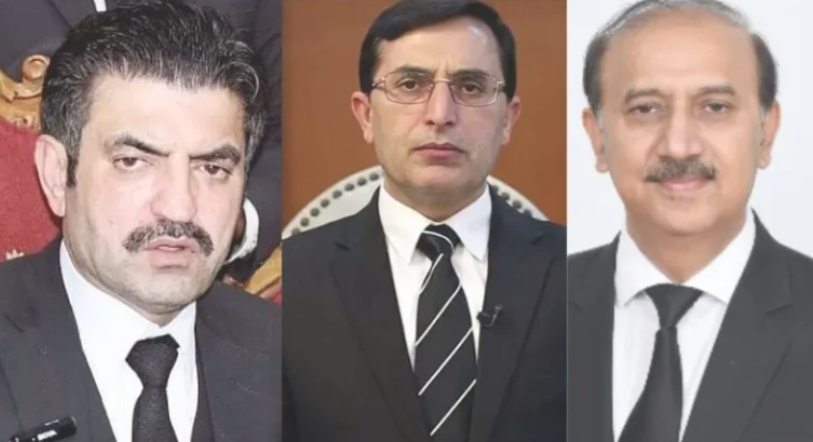
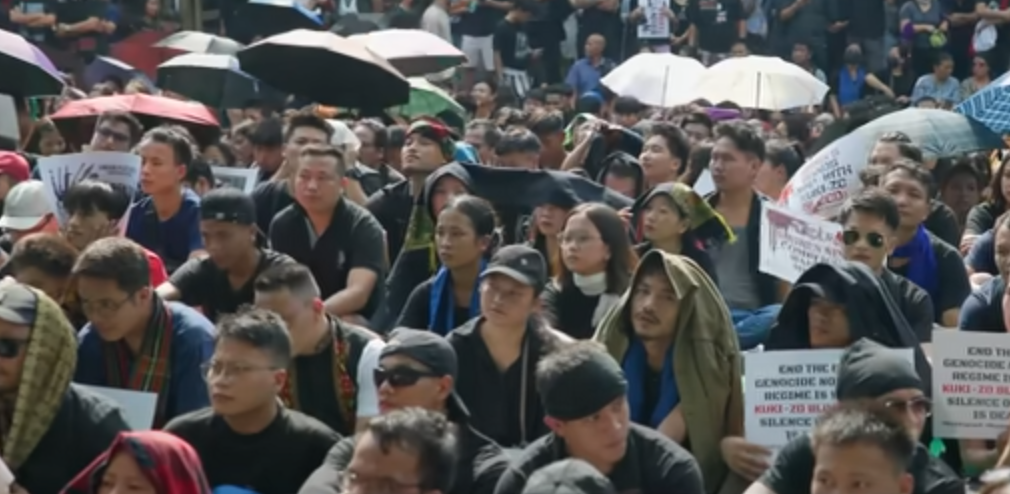


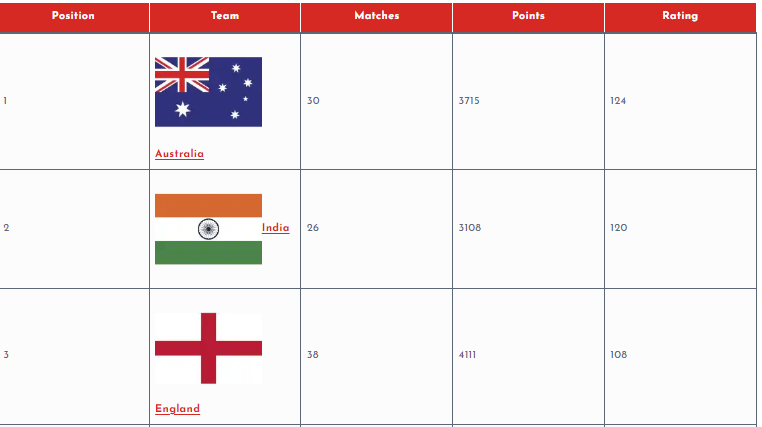
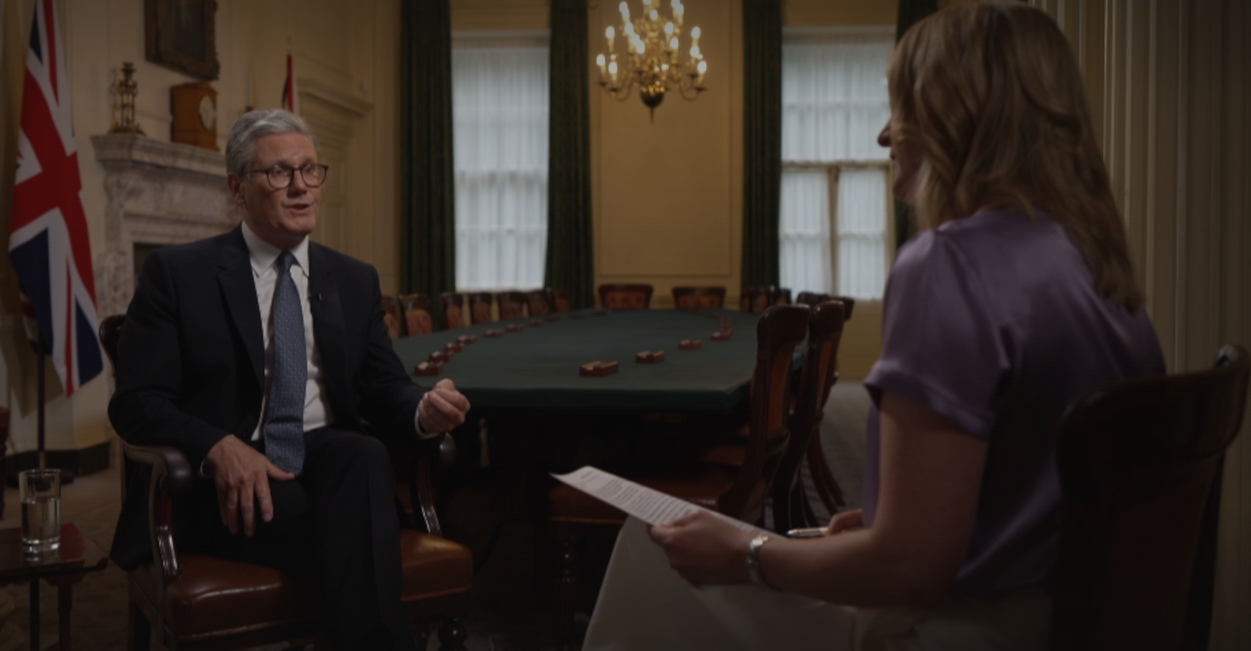
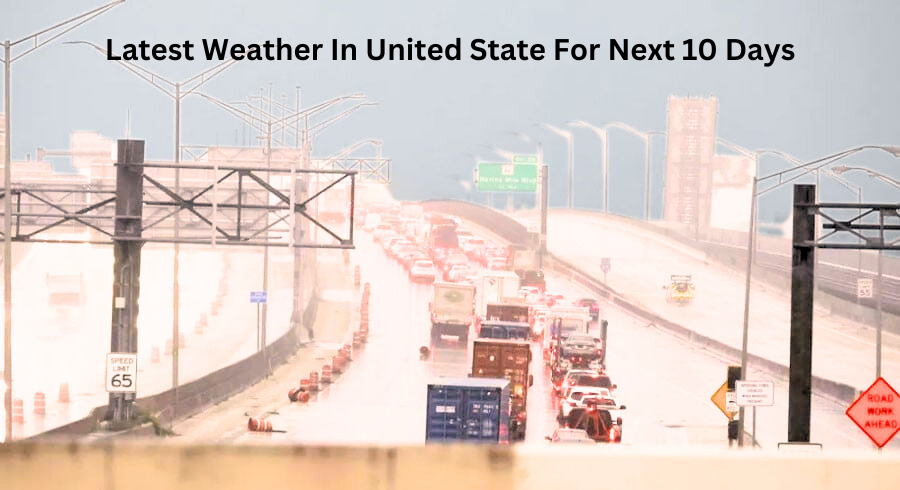
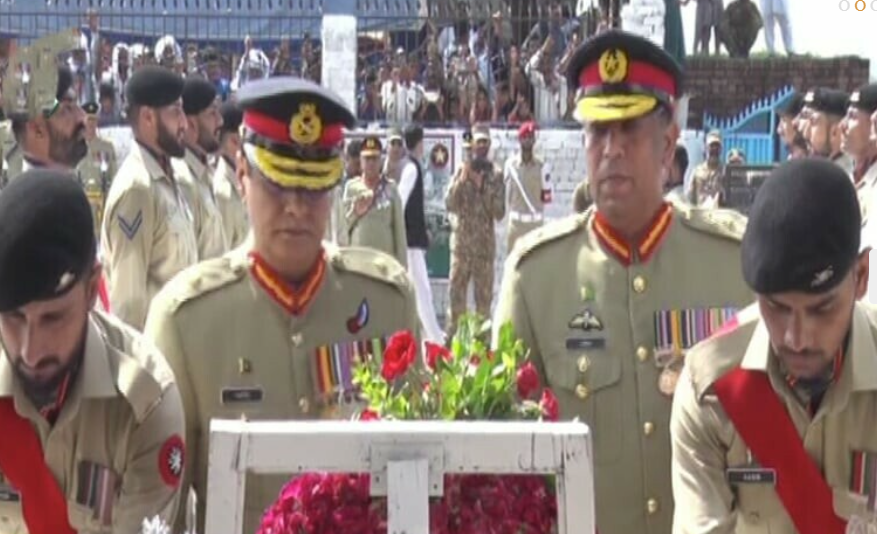



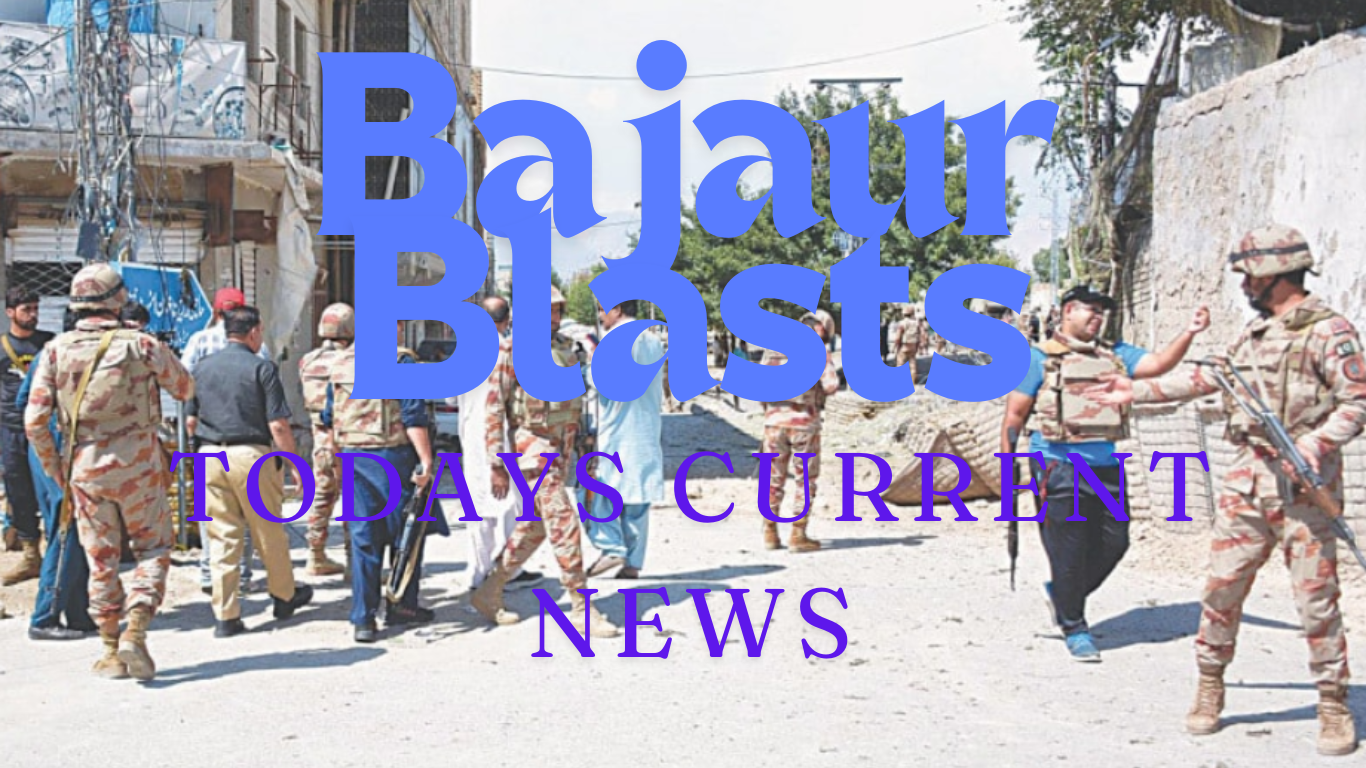
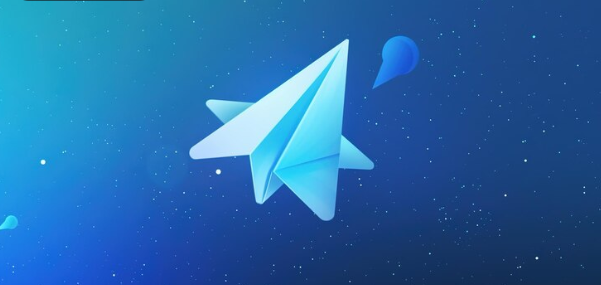






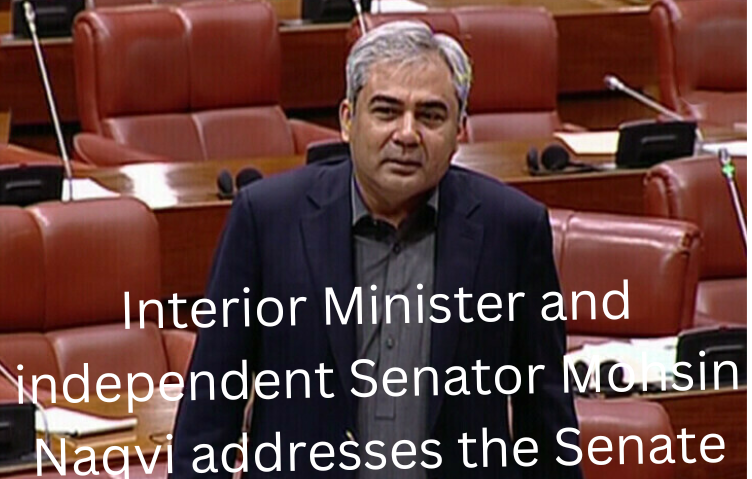
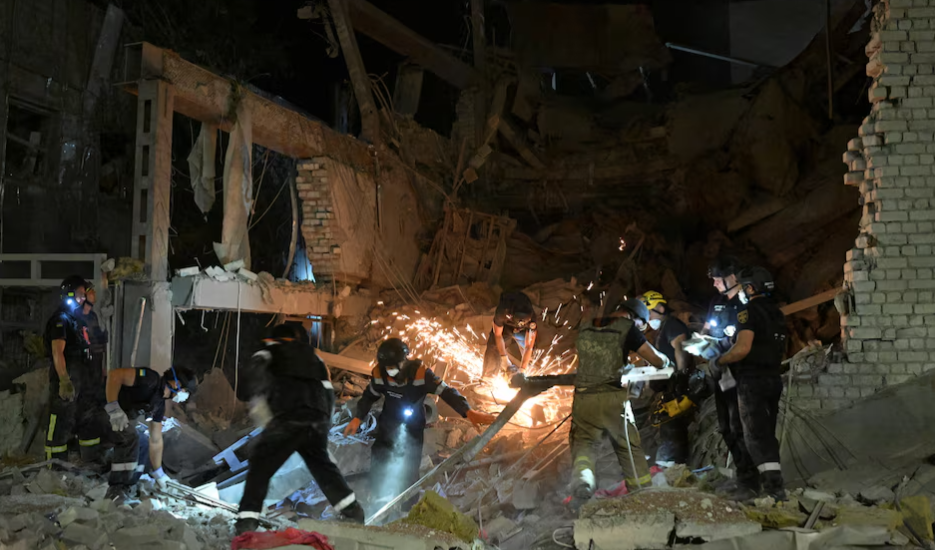
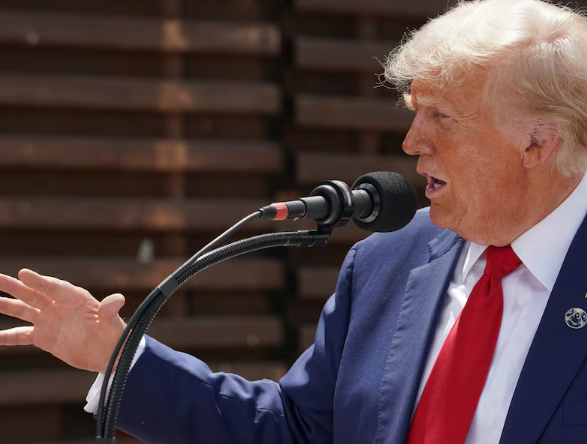


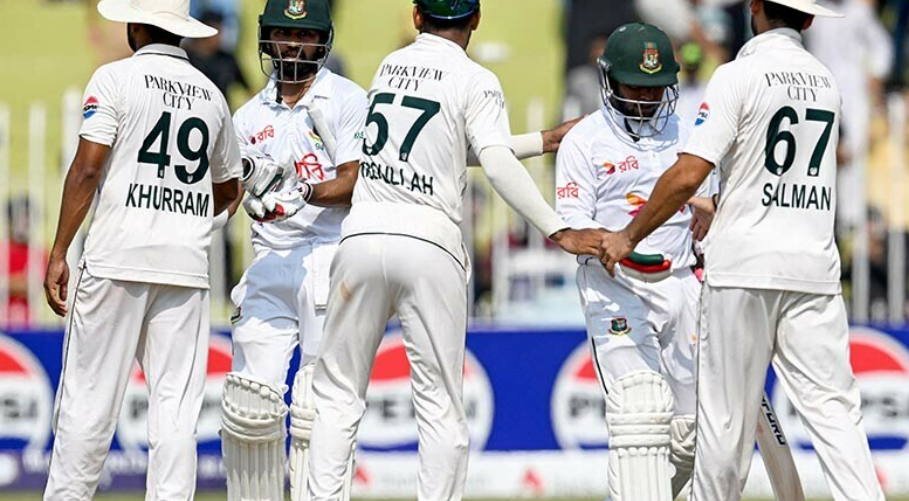
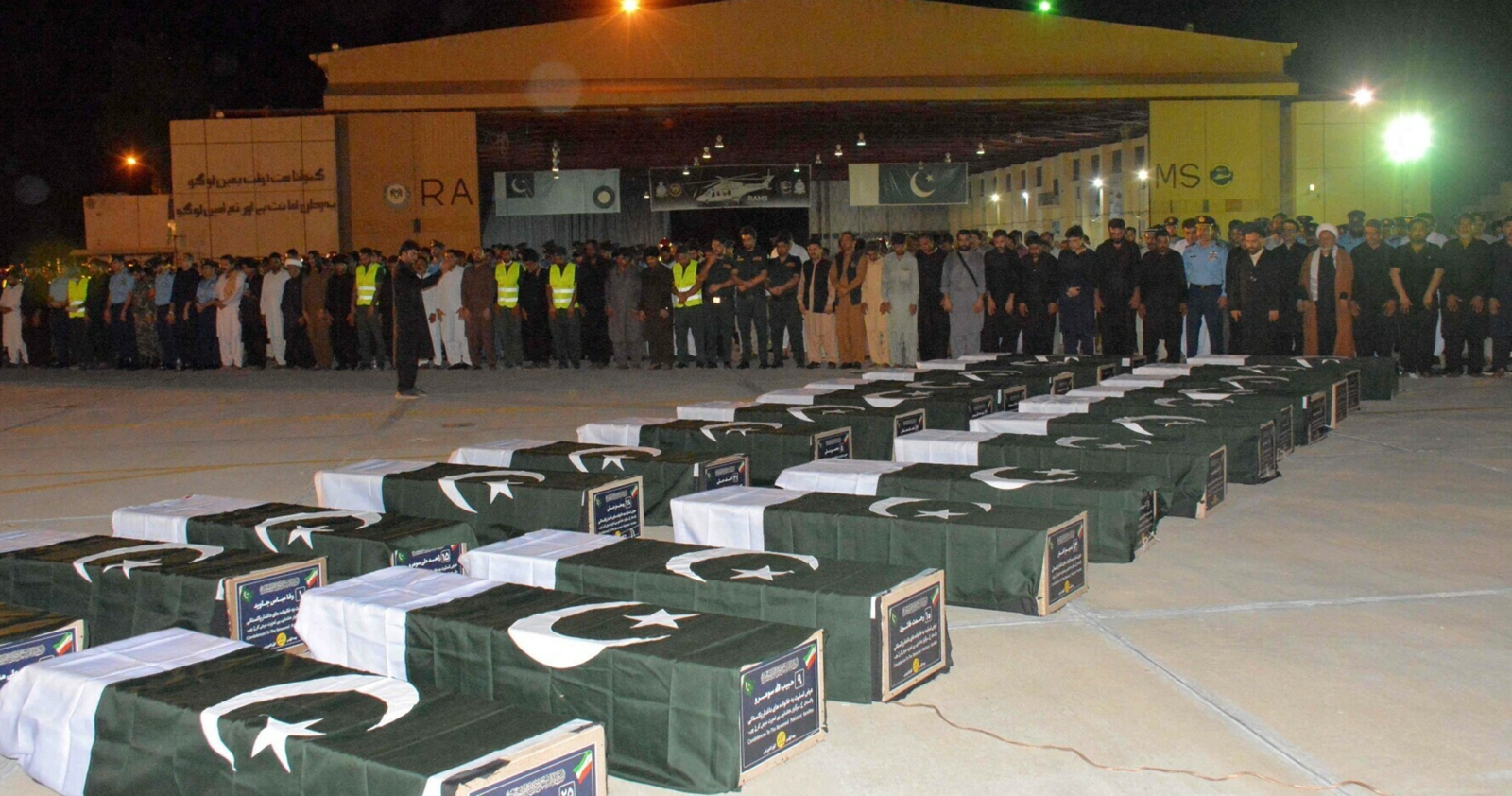
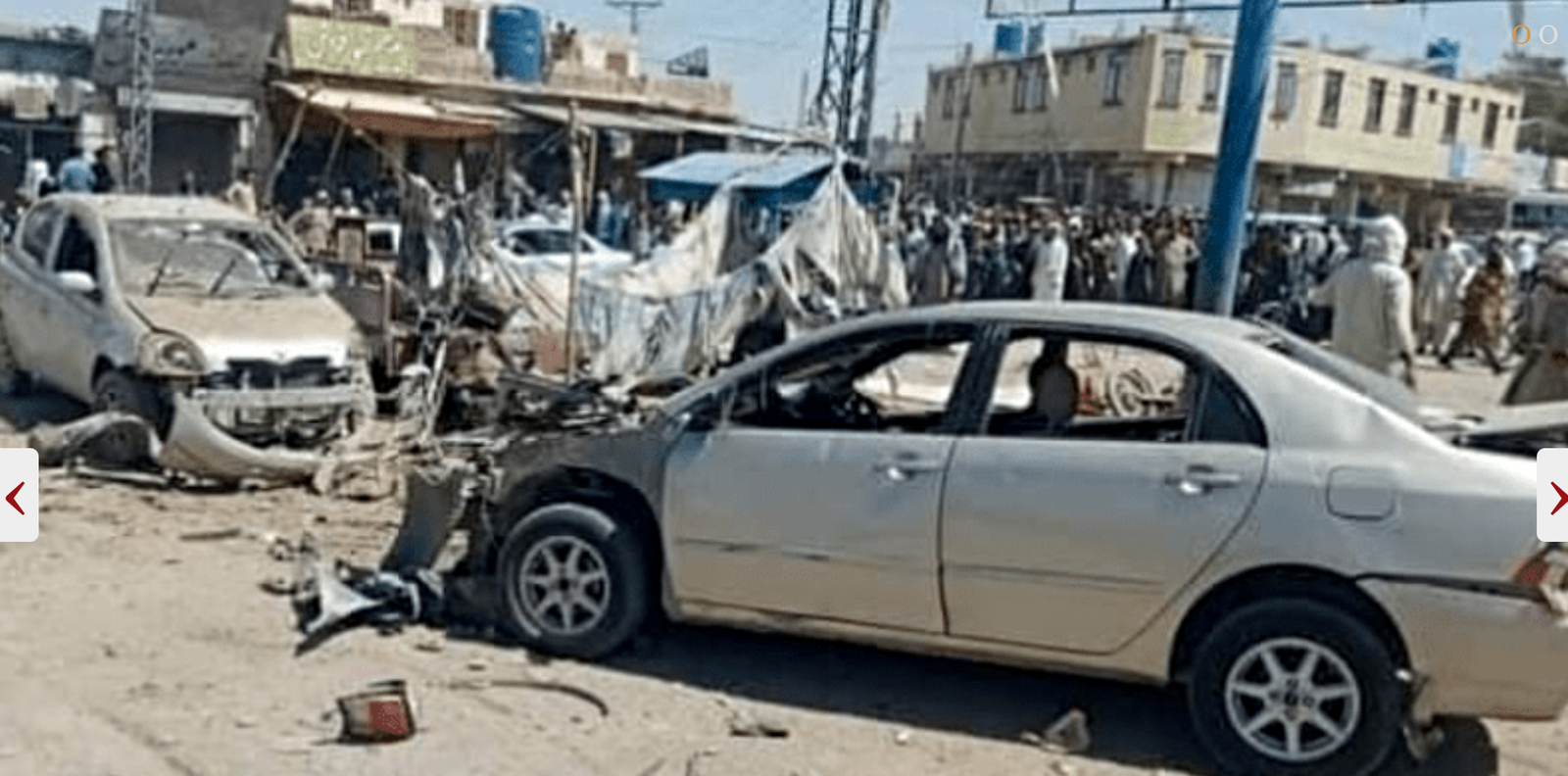


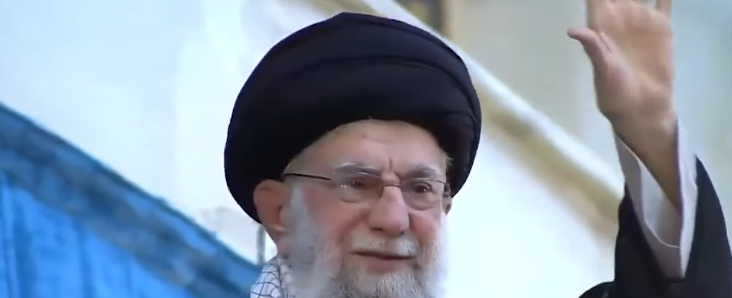
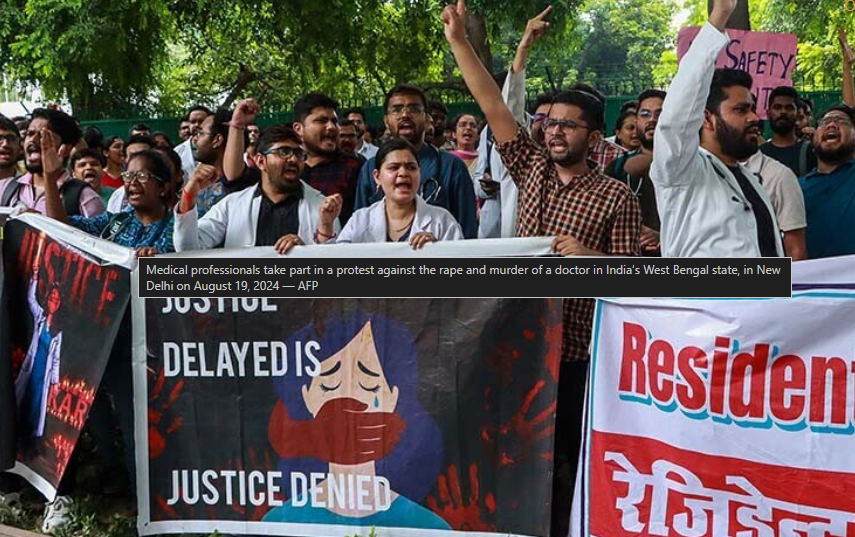
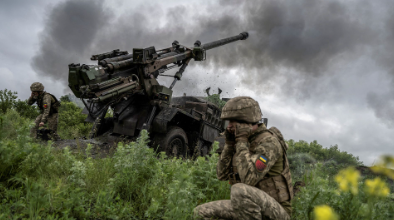



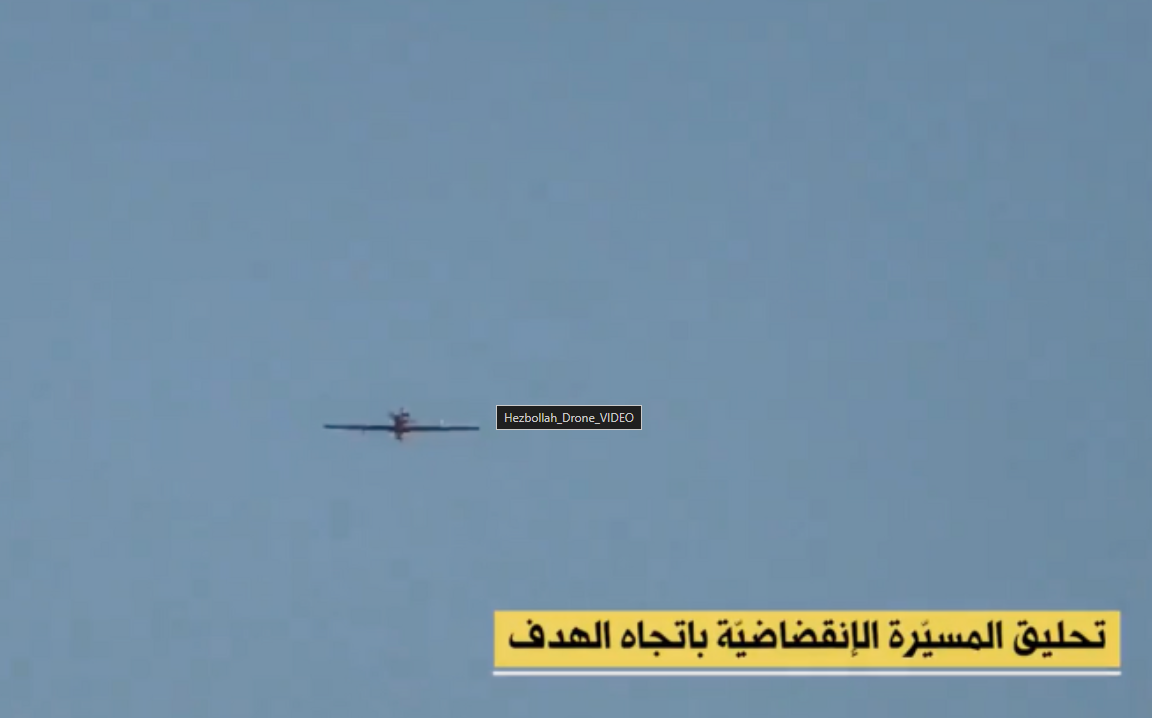
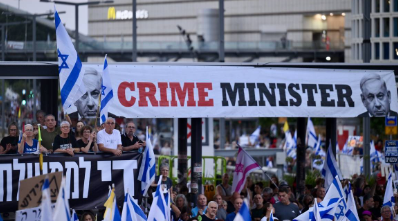

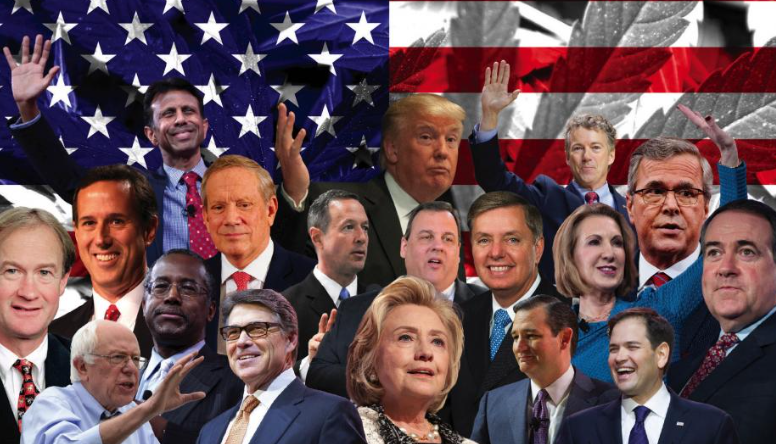

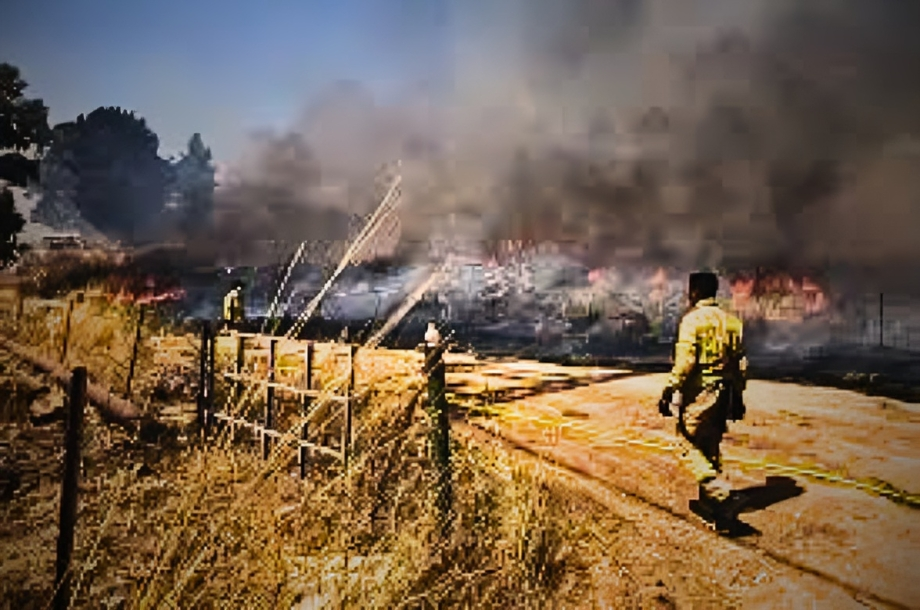





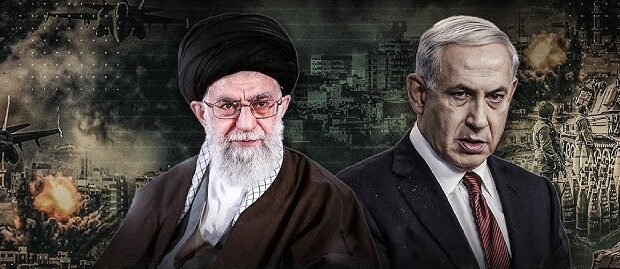


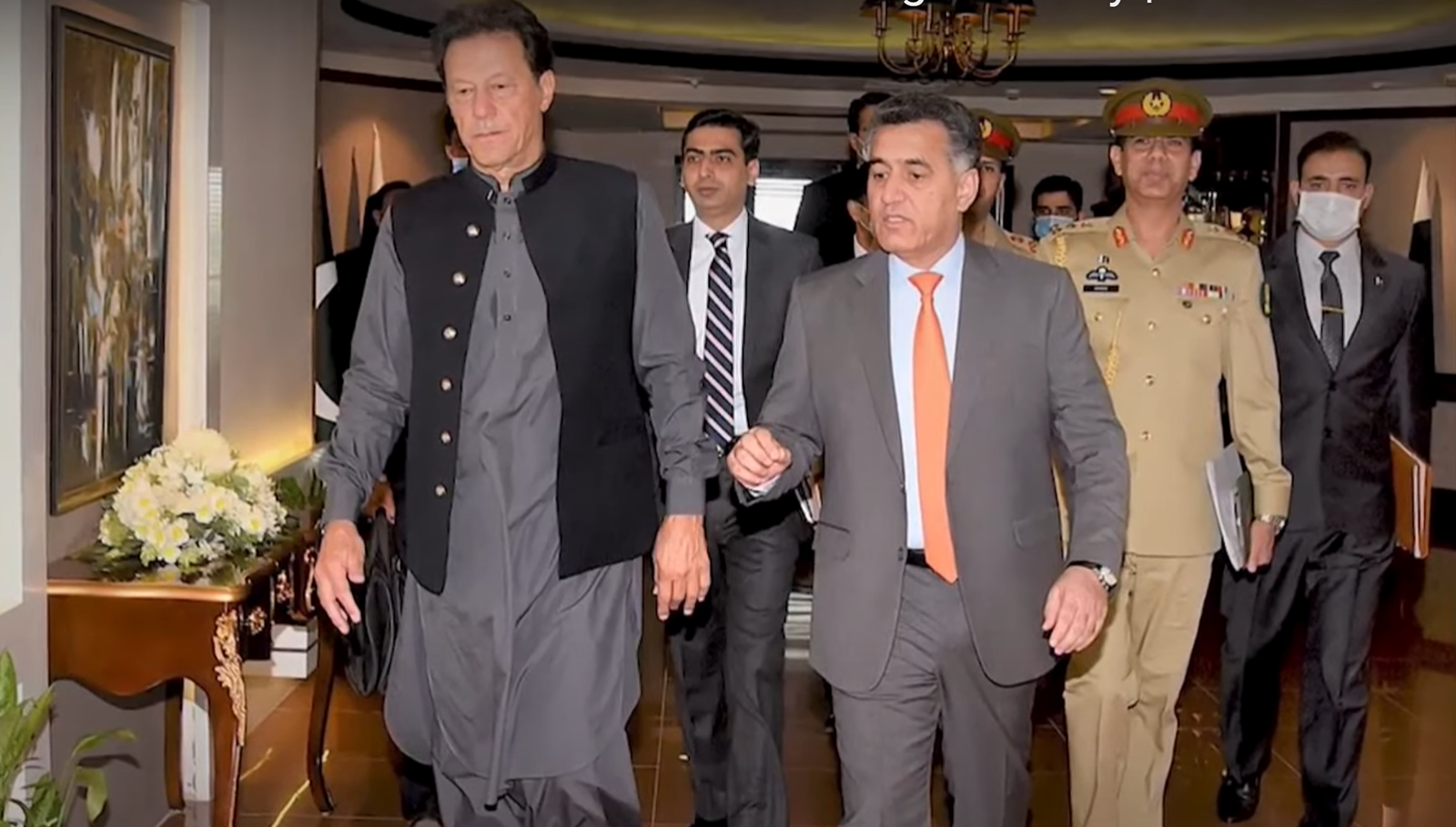

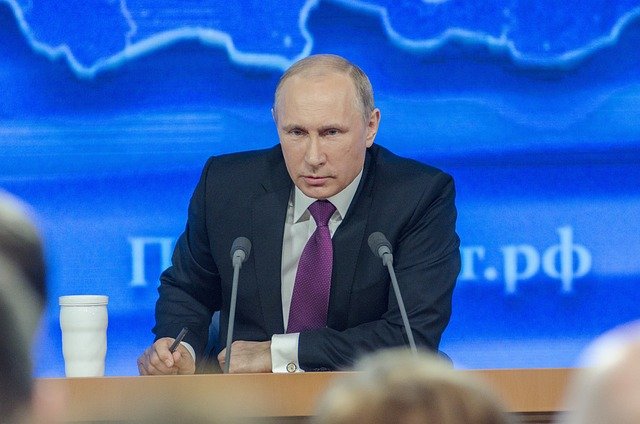


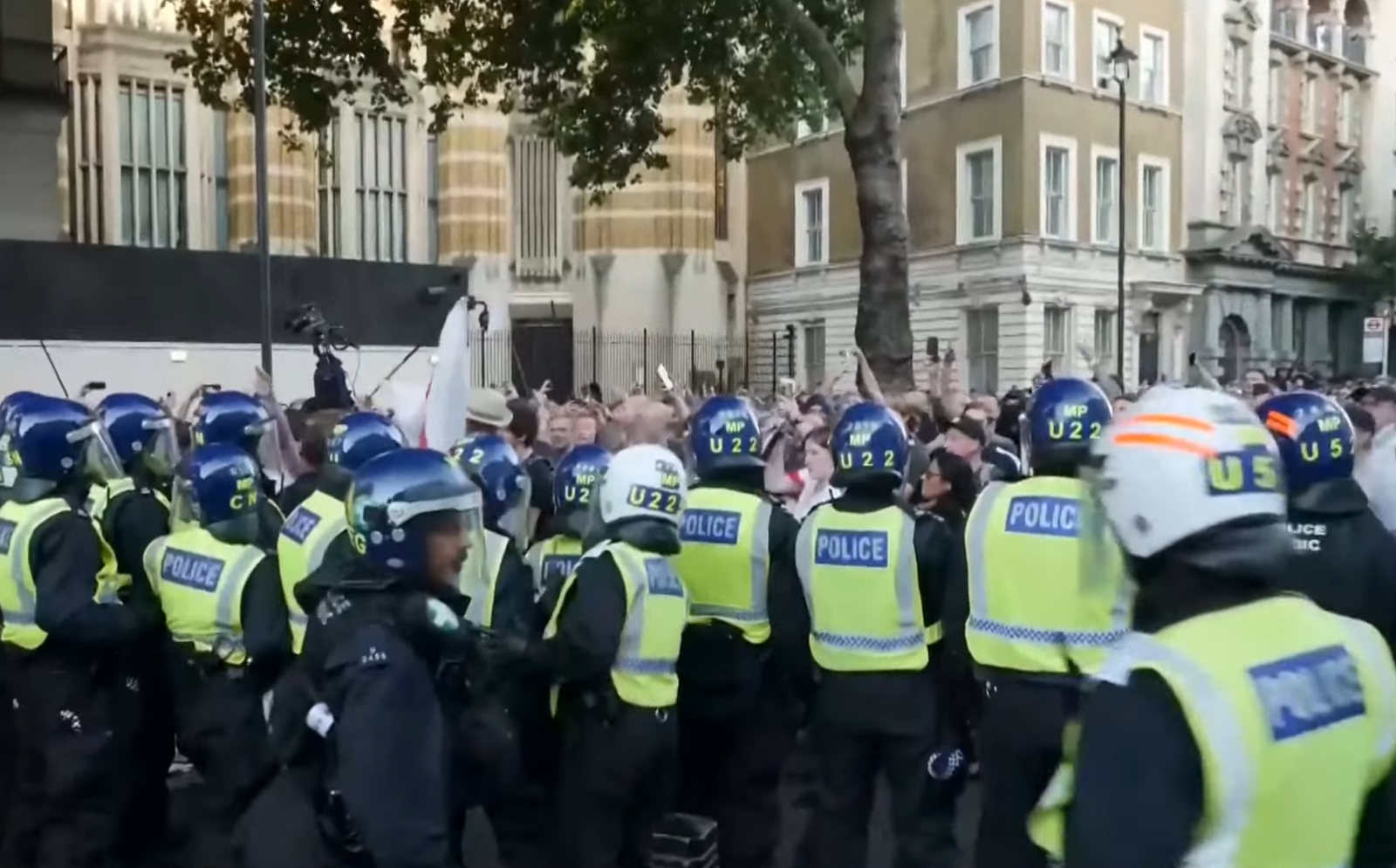

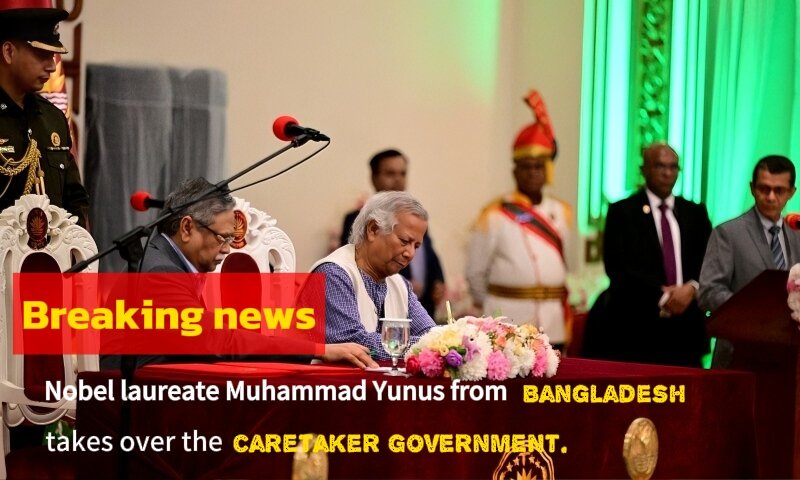


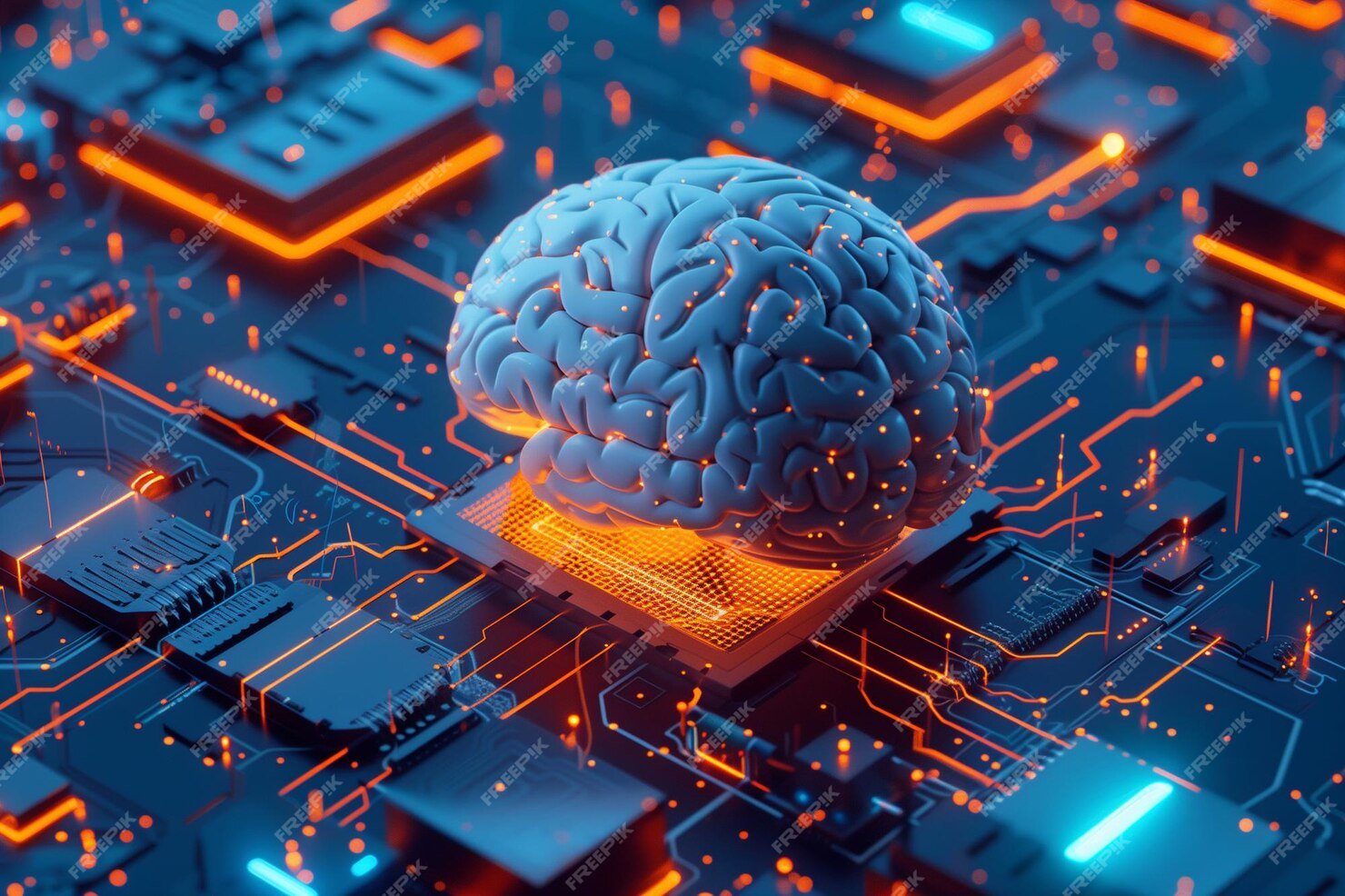
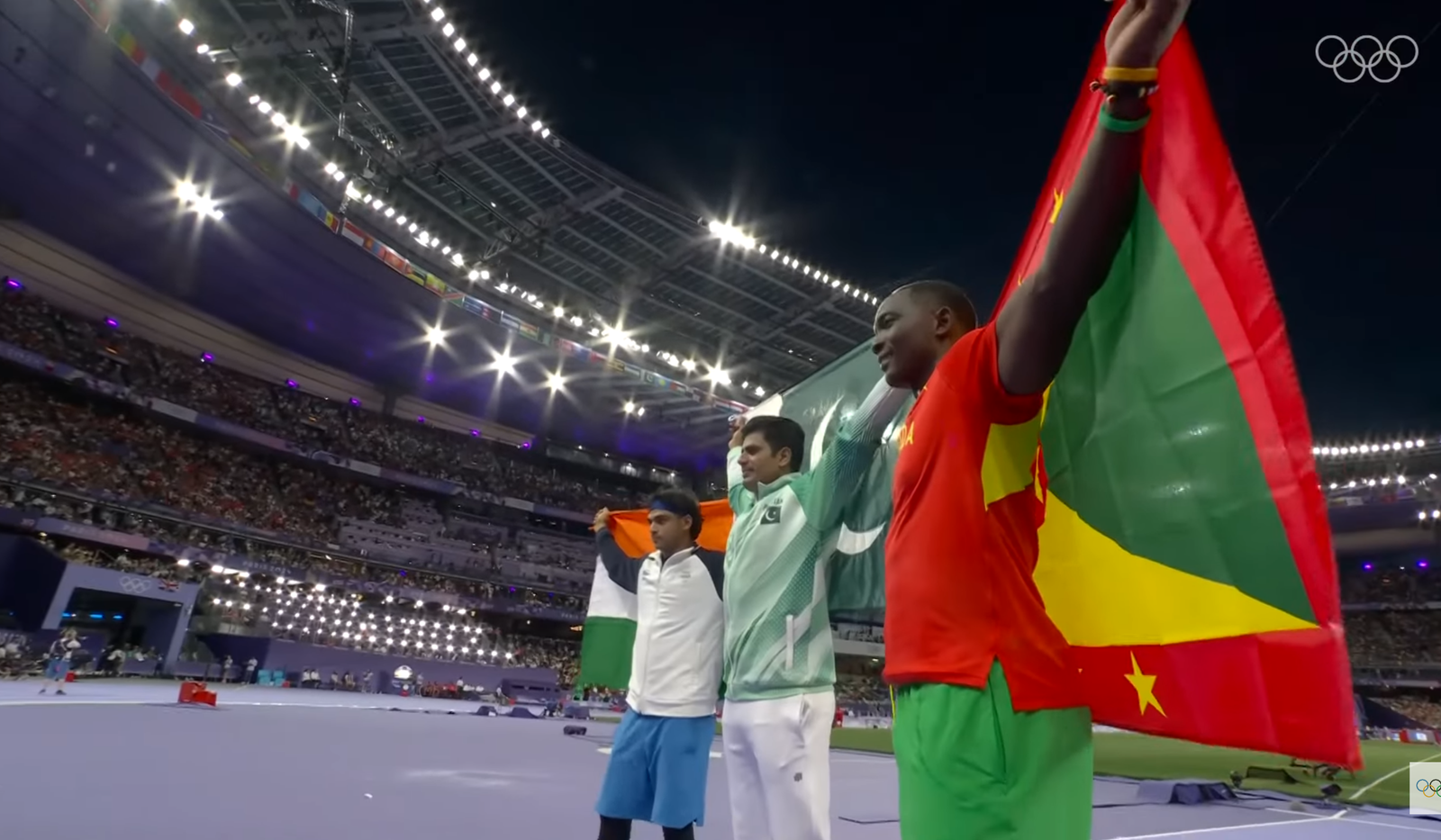


Wow